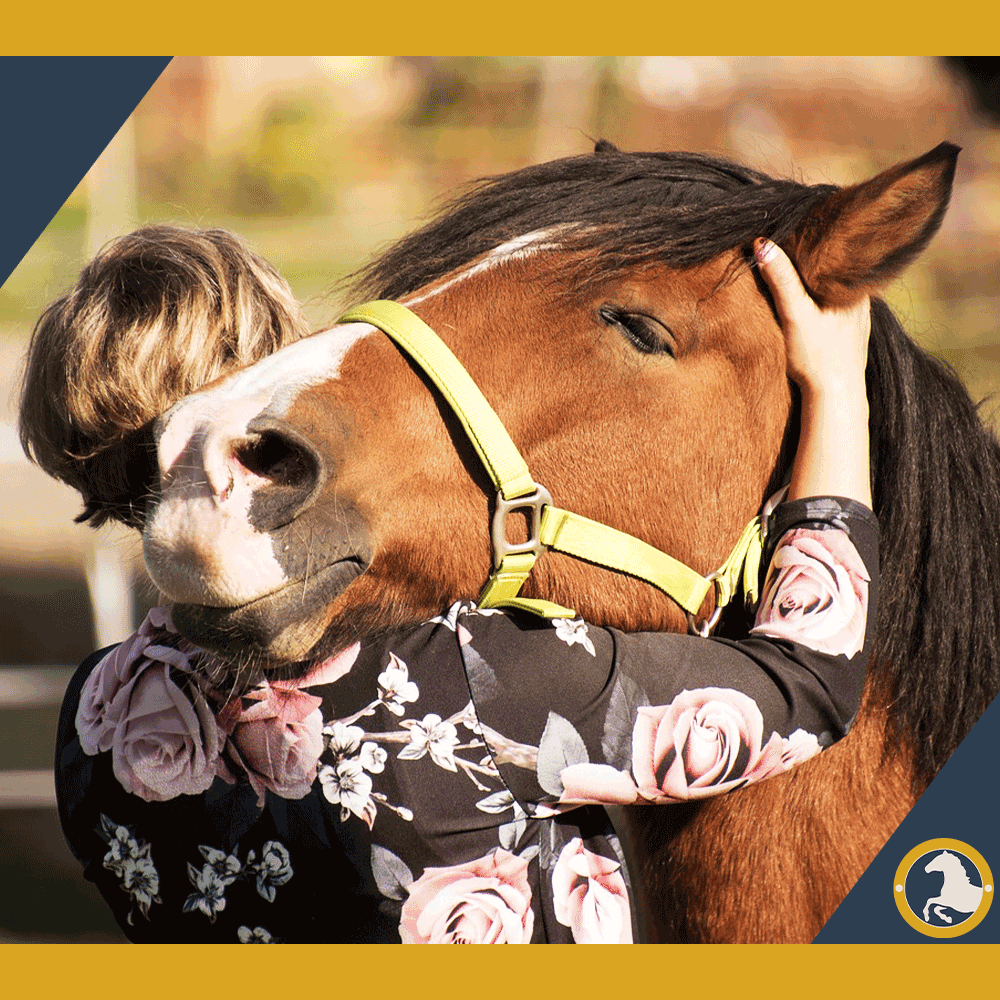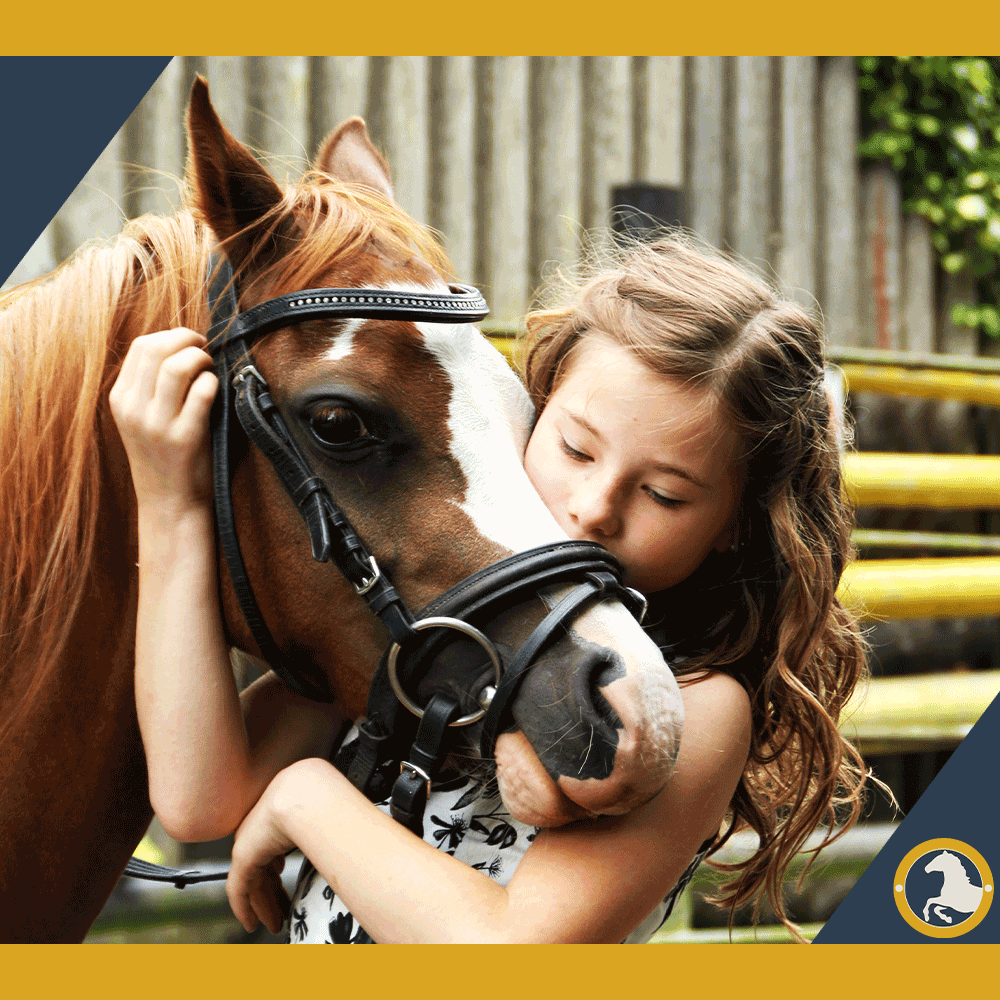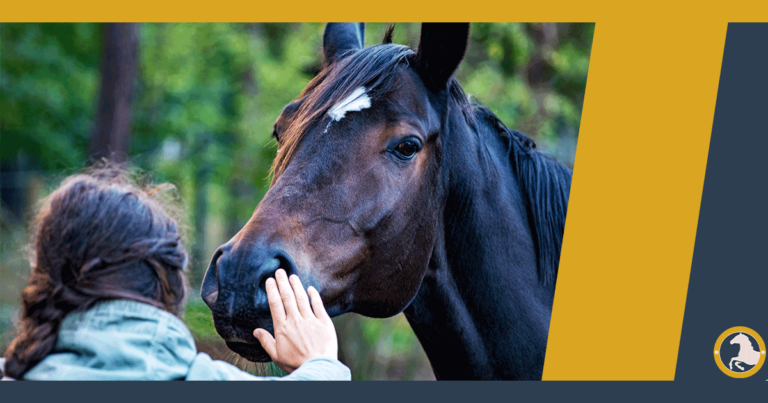Horse Lifespan
The lifespan of horses is a topic full of interesting facts. It involves many factors, like breed and environment. Knowing how long horses live can help us care for them better. We’ll look into how long horses live, the differences between wild and domesticated ones, and the longest-lived horses.
Table of Contents
Key Takeaways
- Horses live for about 25 to 30 years, but some can live much longer.
- Things like food, exercise, health care, and where they live can affect their lifespan.
- Good care is key to a long, healthy life for your horse.
- Watching for ageing signs and special care for older horses can improve their life quality.
- Things like climate and space can also affect how long a horse lives.
Understanding the Average Lifespan of Horses
There are many things to think about when talking about the horse lifespan. Horses live differently if they are wild or domesticated. Also, the equine life expectancy changes a lot between different breeds.
Wild vs. Domesticated Horse Life Expectancy
Wild horses live shorter lives than domesticated ones. They usually live between 20 to 25 years. But domesticated horses can live up to 30 years or more with good care.
Typical Age Ranges Across Different Breeds
The average horse lifespan also depends on the breed. Smaller breeds, like Miniature Horses and Shetland Ponies, can live 25 to 35 years. Bigger breeds, like Clydesdales and Percherons, live 18 to 22 years on average.
Record-Breaking Horse Ages
There have been some horses that lived very long lives. The oldest known horse, Old Billy, lived to 62 years in the 19th century. Recently, a Norwegian Fjord horse named Trollkrem reached 42 years, showing horses can live beyond their usual horse age.
Horse Lifespan: Key Factors That Impact Longevity
Several important factors affect a horse’s lifespan. Knowing these horse’s lifespan factors helps ensure your horse stays healthy and happy.
Genetics are a big deal for a horse’s life span. Some breeds, like Arabians and Appaloosas, live longer than others. A horse’s genes can also make them more likely to get certain health problems.
Diet and nutrition are key for a horse’s long life. A balanced diet that meets their needs is vital. It’s also important to keep them hydrated and avoid bad food.
Exercise is another important factor. Regular, moderate exercise keeps a horse’s muscles and joints healthy. But too little or too much exercise can harm their health.
Preventive care is crucial for a horse’s health. Regular vet check-ups, vaccinations, and dental care can detect issues early, contributing to a long and healthy life for your horse.
The horse’s living environment also matters. Good shelter, proper pasture care, and reduced stress can help them stay well.
By focusing on these factors, horse owners can help their horses live longer, happier lives. This ensures your equine friend can enjoy many years together.
Converting Horse Years to Human Years
Figuring out a horse’s age is not simple. The idea that “one horse year equals seven human years” isn’t always accurate. The real process depends on the horse’s breed, size, and life stage.
Age Calculation Methods
There are a few ways to guess a horse’s age in human years:
- The Standard Conversion – This method multiplies a horse’s age by 3.5 to get an estimate.
- The Adjusted Conversion method accounts for a horse’s rapid growth during the first two years, adding 6.5 human years for each of those years, followed by 4 human years for each year after.
- The Breed-Specific Approach – Since different breeds live longer or shorter lives, some experts suggest using specific conversion factors for each breed.
Life Stage Comparisons
It’s also useful to know how horse life stages compare to humans. For example:
| Horse Age | Equivalent Human Age |
|---|---|
| 1-year-old | 14-year-old |
| 5-year-old | 25-year-old |
| 10-year-old | 40-year-old |
| 20-year-old | 65-year-old |
| 25-year-old | 75-80-year-old |
| 30-year-old | 90-100-year-old |
Development Milestones
Horses go through important developmental stages, just like humans. A horse is a “foal” from birth to 1 year old. Then, it’s a “yearling” from 1 to 2 years old. Finally, it becomes a “mature adult” around 4 to 5 years old. Knowing these stages helps when comparing a horse’s age to a human’s.
Breed-Specific Life Expectancy Variations
Not all horses live the same amount of time. The average lifespan of a horse changes based on the breed. Things like genetics, body type, and where they live play a big role.
Miniature horses can live a long time, sometimes over 30 years. But Thoroughbreds, known for their speed, usually don’t live as long. They often live between 25 to 28 years.
Arabian horses, famous for their endurance, can live up to 30 years. Draft horses, like Clydesdales and Percherons, are big and strong. But they live a bit shorter, about 20 to 25 years.
| Breed | Average Lifespan (years) |
|---|---|
| Miniature Horse | 30-40 |
| Arabian | 25-30 |
| Quarter Horse | 25-35 |
| Thoroughbred | 25-28 |
| Clydesdale | 20-25 |
| Paint Horse | 30-35 |
| Mustang | 20-30 |
| Appaloosa | 25-30 |
| Standardbred | 25-30 |
| Morgan | 25-30 |
Knowing how long different breeds of horses live is important. It helps owners take better care of their horses. This way, they can meet their horses’ needs at every stage of their life.
Essential Care Tips for Maximum Equine Longevity
Caring for senior horses means understanding their changing needs. Knowing what they need at different ages helps them live longer and healthier lives.
Nutrition Requirements by Age
Nutrition is key for a horse’s health and longevity. Young horses need a diet full of protein, vitamins, and minerals for growth. Senior horses need easier-to-digest food with extra supplements for their needs.
Exercise and Activity Needs
Exercise keeps horses physically and mentally fit. But older horses need gentler, less intense workouts. These should help with flexibility, muscle, and heart health.
Preventive Healthcare Measures
Good healthcare is vital for a long life. Regular vet visits, dental care, hoof maintenance, and shots are important. Also, deworming and proper shelter and pasture care prevent age-related problems.
By focusing on these care tips, you can ensure your horse’s long-term health. Proper care strengthens your bond and makes your horse a loving companion.
Common Health Issues Affecting Horse Lifespan
Horses face many health problems as they get older. These factors can impact their lifespan. Horse owners need to know about these problems to keep their horses healthy and happy.
Colitis is a big problem for older horses. It’s a severe pain in the belly that can be deadly if not treated fast. Laminitis, which hurts the hooves, also shortens a horse’s life. Respiratory diseases like heaves and equine influenza can make breathing hard and shorten a horse’s life, too.
- Colic: This is intense abdominal pain, caused by factors like poor diet, blockages, or intestinal twists. Fast veterinary intervention is crucial.
- Laminitis: It affects the tissues in the hoof that connect to the bone. Proper hoof care, correct nutrition, and early treatment are essential for a horse’s longevity.
- Respiratory Issues: Diseases like heaves and equine influenza can make it hard to breathe. They can hurt a horse’s health and shorten their life. Keeping an eye on them and taking steps to prevent these diseases is important.
Knowing about these health problems and taking action can help horses live longer. Horse owners can make a big difference in their horses’ lives by being proactive.
| Health Condition | Potential Impact on Lifespan | Prevention and Treatment |
|---|---|---|
| Colic | Severe cases can be life-threatening if not treated promptly | Proper diet, hydration, and regular veterinary check-ups |
| Laminitis | Can lead to permanent hoof damage and mobility issues, significantly reducing lifespan | Balanced diet, appropriate farrier care, and early intervention |
| Respiratory Diseases | Impair breathing and overall health, affecting equine life expectancy | Vaccination, proper ventilation, and proactive management of environmental factors |
By tackling these health issues and giving the best care, horse owners can help their horses live long, happy lives.
Signs of Aging in Horses and Senior Care
As our equine friends get older, it’s key to watch for ageing signs and give them special care. Spotting physical and behavioural changes helps owners keep their senior horses happy and healthy in their golden years.
Physical Changes
Older horses show clear signs of ageing, like grey or white coats and less muscle. They might also be stiffer, move slower, and chew food harder. Their teeth wear down, making eating tough.
Behavioural Changes
Senior horses can change how they act too. Some get calmer, while others get more upset or anxious. They might sleep a lot or forget things they used to know.
Special Care Requirements
Senior horse care needs a special plan. This includes a good diet, soft beds, and easy exercise to keep joints and muscles strong. Regular vet visits and dental care are also key for their health.
By noticing ageing signs and creating a senior care plan, you can make your horse’s later years comfortable and joyful.
Environmental Factors and Living Conditions
The environment and living conditions greatly affect a horse’s lifespan. Shelter, pasture management, climate, and stress levels all play a role. These factors can significantly impact a horse’s life expectancy.
Shelter and Pasture Management
Good shelter is key to protecting horses from harsh weather. It should be spacious, well-ventilated, and dry. Also, well-kept pastures with clean water and rotational grazing help horses stay healthy and live longer.
Climate Considerations
The climate can affect a horse’s lifespan. Extreme temperatures, whether too hot or too cold, can pose significant challenges. Mild, temperate climates are better for horses as they help regulate their body temperature and reduce stress.
Stress Reduction
Reducing stress is vital for a horse’s health and longevity. Overcrowding, loud noises, and changes in routine can stress horses. Creating a calm, comfortable, and stimulating environment can help reduce stress and promote longer lives.
| Environmental Factor | Impact on Horse Lifespan |
|---|---|
| Shelter | Proper shelter protects horses from harsh weather, improving their overall health and longevity. |
| Pasture Management | Well-maintained pastures with adequate grazing and clean water sources contribute to horses’ well-being. |
| Climate | Mild, temperate climates are more favorable for equine longevity, as they help regulate body temperature. |
| Stress Reduction | Minimizing stress through a calm, comfortable, and enriched living environment can promote longer lifespans. |
By focusing on these environmental factors and improving living conditions, horse owners can support their horses’ longevity and well-being.
Conclusion
The lifespan of a horse is both complex and fascinating. We’ve seen how horse lifespan varies between wild and domesticated horses. Different breeds also play a role in how long a horse lives.
To help your horse’s lifespan reach its fullest potential, focus on their health. Good nutrition, exercise, and regular vet visits are crucial. Knowing the signs of aging and caring for older horses is also important for extending their horse lifespan.


To help your horse live a long life, focus on their health. Good nutrition, exercise, and regular vet visits are crucial. Knowing the signs of ageing and caring for older horses is also important.
Your love and care for your horse can greatly impact their longevity. By following the tips from this article, you can help your horse’s lifespan thrive, ensuring they live a long, happy life and enjoy every moment with you.
FAQ
What is the average horse lifespan?
Horses usually live for 25-30 years. This can change based on the breed, where they live, and how well they are cared for. Good food, exercise, and vet visits can help them live longer and healthier.
How do the lifespans of wild and domesticated horses compare?
Wild horses live about 20 years on average. This is because they face harsh conditions and don’t get medical help. Domesticated horses, with the right care, can live 25-30 years or more.
Which horse breeds are known for their longevity and longer horse lifespan?
Breeds like the Icelandic horse, Arabian, and Morgan horse often live a long time. Some can reach their late 30s or even 40s. But, how long a horse lives also depends on its care and management.
How can I convert a horse’s age to the equivalent of human years?
There are a few ways to convert a horse’s age to human years. The first 2-3 years of a horse’s life are like the first 20-25 years of a human’s. After that, each horse year is about 3-4 human years.
What are some of the key factors that impact a horse’s lifespan?
Several things can affect how long a horse lives. These include genetics, diet, exercise, vet care, where they live, and stress. Good food, regular exercise, vet visits, and a calm place to live can help a horse live longer and healthier.
How can I recognize signs of ageing in my senior horse?
Signs of ageing in horses include a grey muzzle and eyes, less muscle, stiff joints, and changes in behaviour. Senior horses need special care and a comfortable place to live to stay well.
What are some common health issues that can affect a horse’s lifespan?
Health problems like colic, laminitis, breathing issues, and metabolic disorders can shorten a horse’s life. Finding and treating these problems early is key to keeping a horse healthy and long-lived.


2 thoughts on “Horse Lifespan: 5 Surprising Ways to Extend Your Horse’s Life”